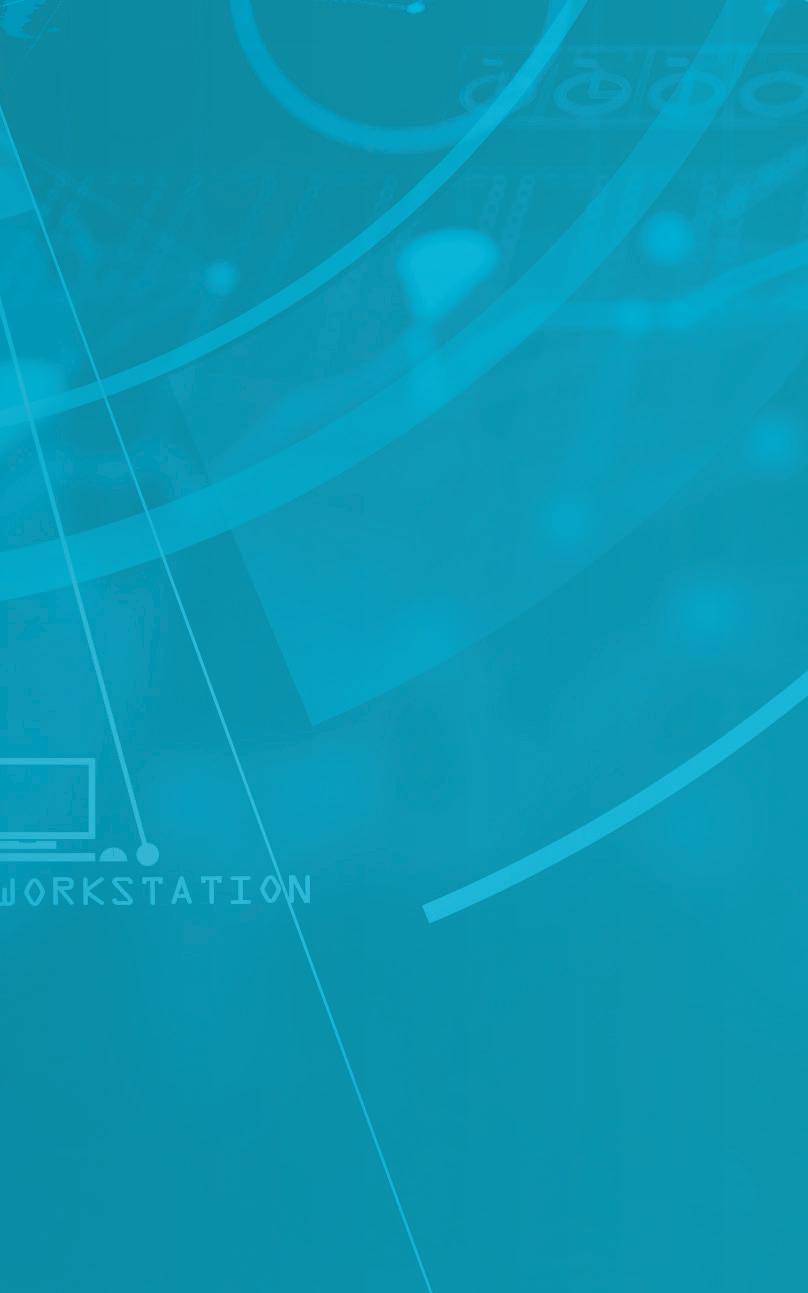
4 minute read
Data Sciences ROCC










Objectives



The degree aims to develop broad competency in a very active field where computer science and electrical engineering is combined to design the future systems with millions of connected devices that safely cooperate, while still preserving the individuals and their rights.


The «Internet of Things» track specifically focuses on skills required to design new families of connected devices and smart objects and their infrastructure (solutions and challenges) by: - Understanding the tradeoffs between different solutions for the devices and the communications; - Building the embedded software through all layers (sensors,
OS, middleware); - Considering economic and business issues; - Having the vocabulary to communicate with specialists on legal issues.








The «Network, Performance and Cloud (NPC)» track focuses on the design and analysis of the new widely distributed infrastructure for massive data communications. It will: - Provide students with basic and specialized skills in the area of
Network and Cloud Architecture and its evolution. - Help students to meet the challenges and make the technological choices for the next-generation internet, from connected devices to the cloud. - Prepare candidates to undertake further investigation and research into cloud computing and networking
Connected Objects are invading our daily lives - houses, cars, factories, buildings, cities - and posing unprecedented challenges at the cross-road between electronics and computer science concerning their design, their networking needs and the management of the huge amount of data that they generate in a continuous and abundant manner. These data also need to be stored and processed in an adequate and timely manner. The aim of this program is to provide students with basic and specialized skills related to all aspects of connected objects from the basic object to the overall management systems, in a holistic and coherent manner.
Program
First Year: The first year is designed to bridge the gap between Computer Science and Electrical Engineering and a 4-month internship in a research lab.
Second Year
• IoT Track - Architecture of Sensors - Embedded OS - Infrastructures for IoT
• NPC Track - Network Optimization and Performance Analysis - Future Networks - From Distributed Systems to Cloud Computing
• Elective modules - Recent Legal Issues in IoT - Security & Privacy - Smart and miniature antennas - Network on Chip - Data Mining - Web of Things - Reactive Programming for IoT - High-Performance Embedded Computing
• 4- to 6-month internship in research lab or with industrial partners
Future careers
This program is designed for students how are highly motivated by careers in Research & Technology. We will prepare future researchers and academics in the fields of Computer Science and Electrical Engineering to address the challenges of IoT devices, CyberPhysical Systems and the Future Generation of Internet.
Admission We seek outstanding candidates with a B.Sc. or equivalent in Computer Science or Electrical Engineering and a clear eagerness to strengthen their profi le in the other discipline (CS if EE and vice-versa). The fi rst year is meant to bridge the gap between Computer Science and Electrical Engineering and culminates in a 4-month internship in research lab.
Tuition fees: 4000€*
*The tuition fee may vary according to your residence status, namely if you are a resident of an EU country or of a country outside the EU. In addition, financial aid (need-based or merit-based scholarships) will be available to students, and other sources of funding will also be available through each training course.
Partners
I3S Laboratory, UMR 7271 CNRS LEAT Laboratory, UMR 7248 CNRS INRIA Sophia Antipolis Méditerranée Industrial partners from the digital technology park of Sophia-Antipolis
Contacts
Prof. Frederic Mallet, I3S , Prof. Benoît Miramond, LEAT









